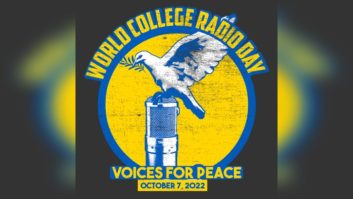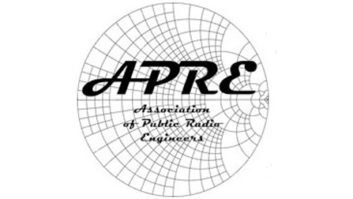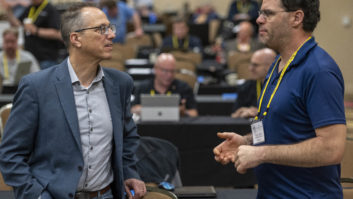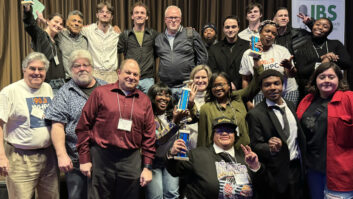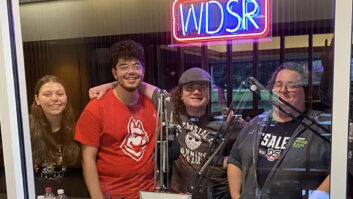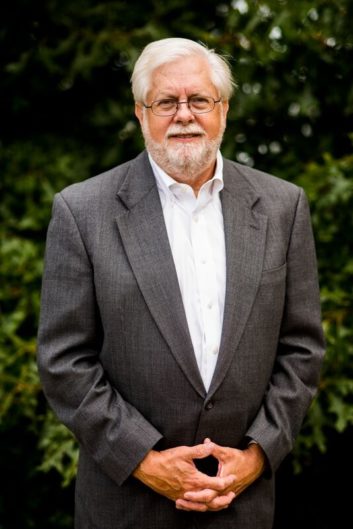
The author of this commentary is a career broadcaster and a consultant to Widelity Corp. The company recently launched an outsource service to help stations maintain compliance with FCC Online Public Information Files requirements.
College students have a habit of graduating and moving on.
So, this year’s student manager at the campus radio station is gone next year and someone else is in charge for one school year.
Widelity’s informal survey of student-run radio stations shows that they are more likely to be in violation of FCC rules requiring online filings than are other non-commercial or commercial stations. It appears that the managers just don’t know to pay attention to the posting rules.
In most of these cases, nothing has been posted in their Issues and Programs folder since the requirement to post online started almost three years ago.
[Related: “Big Companies Settle With FCC on Online Public Files”]
Why would Widelity Corp., a company that derives its operating revenue by representing commercial radio and television stations, take on helping these chronically underfunded non-commercial stations to get current with their online responsibilities?
Widelity’s joint project with College Broadcasters Inc. seeks to educate these station leaders and to help them create systems so that the knowledge is passed on from year to year. We joined CBI in order to support the organization and to provide a resource to student-run stations that are struggling to meet OPIF requirements.
We have had success consulting radio and TV stations and MPVDs in the television repack, in the C-Band repack and in the online filing process, and this is an opportunity to help educate the next generation of broadcasters about their responsibilities.
Widelity and CBI believe that there is the possibility of finding an underwriting sponsor, so that the student-run stations can receive services paid for in exchange for on-air announcements.
COVID-19 changed everyone’s daily life, and the same is true for student-run radio stations. Station staff had to relocate, and most student-run stations were scrambling just to keep programming on the air. The Online Public Inspection Files process wasn’t on everyone’s “to do” list.
Widelity services will provide board members who oversee student-run stations the confidence that FCC compliance standards are being met as required.
Outsourcing these time-sensitive requirements to Widelity should provide peace of mind not only to the directors, but to the staff administrators as well. As students rotate in and out due to churn, Widelity is a constant that can be depended on to assist the new student staff with information about how to properly handle their station OPIF requirements, including the Issues and Programs quarterly reports.
It certainly is not in an educational institution’s best interest to have its station noncompliant and subject to an FCC fine. It also makes for bad public relations.
Our informal survey shows that FCC OPIF compliance is not part of many student-run stations’ curriculums. We are answering that need by creating a webinar that, in conjunction with College Broadcasters, Inc, will be available to student-run stations.
Because sometimes FCC rules change, we plan to be a continuous, reliable source of FCC compliance information to our client schools.
College broadcast leaders, whether student, staff and faculty, can reach out to us at Widelity for more information.
Radio World welcomes other points of view at [email protected].






